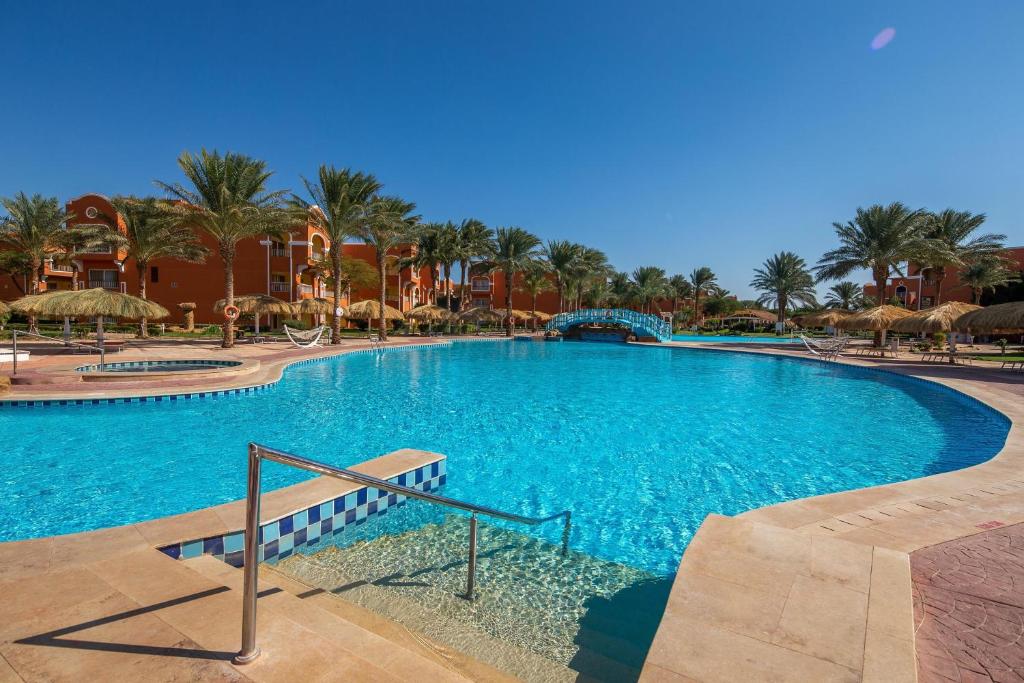Northern Ireland has set an ambitious goal to nearly double its tourism sector by 2035, aiming to generate over £2 billion annually from overnight visitors. Economy Minister Conor Murphy unveiled a 17-point plan to achieve this vision, following a record-breaking £1.2 billion in tourism expenditure in 2023.
The plan includes restoring funding to Tourism Ireland, developing an aviation policy, expanding regional tourism brands, and promoting peace tourism to attract a diverse range of visitors. It also emphasizes sustainability, aiming to reduce carbon emissions and support local communities through job creation and balanced regional development.
A significant challenge to these goals is the UK government’s upcoming Electronic Travel Authorisation (ETA) scheme, which will require visitors from 48 countries to pay £10 for a digital permit before entering the UK. Murphy has criticized the policy, warning of its potential “devastating” impact on Northern Ireland’s tourism, and is urging Westminster to exempt the region.
The industry has responded positively to the plan’s long-term vision, though concerns remain about Northern Ireland’s 20% VAT rate for hospitality, which is much higher than the Republic of Ireland’s planned 9%. Hospitality leaders have called for government action to address this disparity, warning it could undermine the competitiveness of the sector.
Despite these challenges, the plan has been praised for its focus on innovation and sustainability. Tourism leaders believe the targets are achievable, and the strategy has the potential to transform Northern Ireland into a top global destination. Minister Murphy described the initiative as a roadmap to build a thriving tourism industry that benefits all communities and secures a sustainable future for the region.




